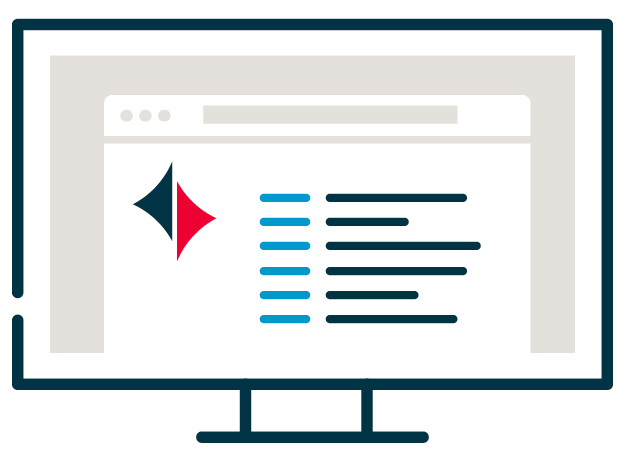401(k) In-Plan Roth Conversions
A 401(k) in-plan Roth conversion, also called an “in-plan Roth rollover”, allows you to transfer the non-Roth portion of your 401(k) account into a designated Roth account within the same plan. The amount you convert is subject to federal income tax in the year of the conversion, except for any nontaxable basis you have in the amount transferred, but qualified distributions from the Roth account in the future are entirely income tax-free. The 10% early distribution penalty doesn’t apply to amounts you convert, but that tax may be reclaimed by the IRS if you take a non-qualified distribution from your Roth account within five years of the conversion.
What Part of My Account Can I Convert?
Assuming your 401(k) allows in-plan conversions, you can convert any vested part of your 401(k) plan account into a designated Roth account regardless of whether you’re otherwise eligible for a plan distribution. Reminder that plans aren’t required to allow in-plan conversions, so check with your financial advisor on if your plan allows them.
Keep in mind that if you’re entitled to an eligible rollover distribution, you can always roll those dollars into a Roth IRA instead of using an in-plan conversion.
What Else do I Need to Know?
If you have the choice of an in-plan conversion or a rollover to a Roth IRA, which should you choose? There are a number of factors to consider:
- In general, the investments available in an employer 401(k) plan are fairly limited, while virtually any type of investment is available in an IRA (on the other hand, your 401(k) plan may offer investments that you can’t replicate in an IRA, or that aren’t available at similar cost).
- An IRA may give you more flexibility with distributions. Your distribution options in a 401(k) plan depend on the terms of that particular plan, and your options may be limited.
- Finally, 401(k) plans typically enjoy more protection from creditors under federal law than do IRAs. Please, consult a professional if creditor protection is important to you.
Other Things to Consider
When evaluating whether to initiate a rollover from an employer plan to an IRA, always be sure to keep the following in mind:
- Ask about possible surrender charges that may be imposed by your employer plan, or new surrender charges that your IRA may impose.
- Compare investment fees and expenses charged by your IRA, and investment funds, with those charged by your employer plan, if any.
- Understand any accumulated rights or guarantees that you may be giving up by transferring funds out of your employer plan.
Whether a Roth conversion makes sense financially depends on a number of factors, including your current and anticipated future tax rates, the availability of funds with which to pay the current tax bill, and when you plan to begin receiving distributions from the plan. Also, you should consider that the additional income from a conversion may impact tax credits, deductions, and phaseouts; marginal tax rates; alternative minimum tax liability; and eligibility for college financial aid.
Have questions about 401(k) in-plan Roth conversions? We would love to connect with you!
Important Disclosures:
This information is not intended as tax, legal, investment, or retirement advice or recommendations.
Content in this material is for general information only and not intended to provide specific advice or recommendations for any individual. All performance referenced is historical and is no guarantee of future results. All indices are unmanaged and may not be invested into directly.
The information provided is not intended to be a substitute for specific individualized tax planning or legal advice. We suggest that you consult with a qualified tax or legal professional.
LPL Financial Representatives offer access to Trust Services through The Private Trust Company N.A., an affiliate of LPL Financial.
This article was prepared by Broadridge.
LPL Tracking #1-904197



